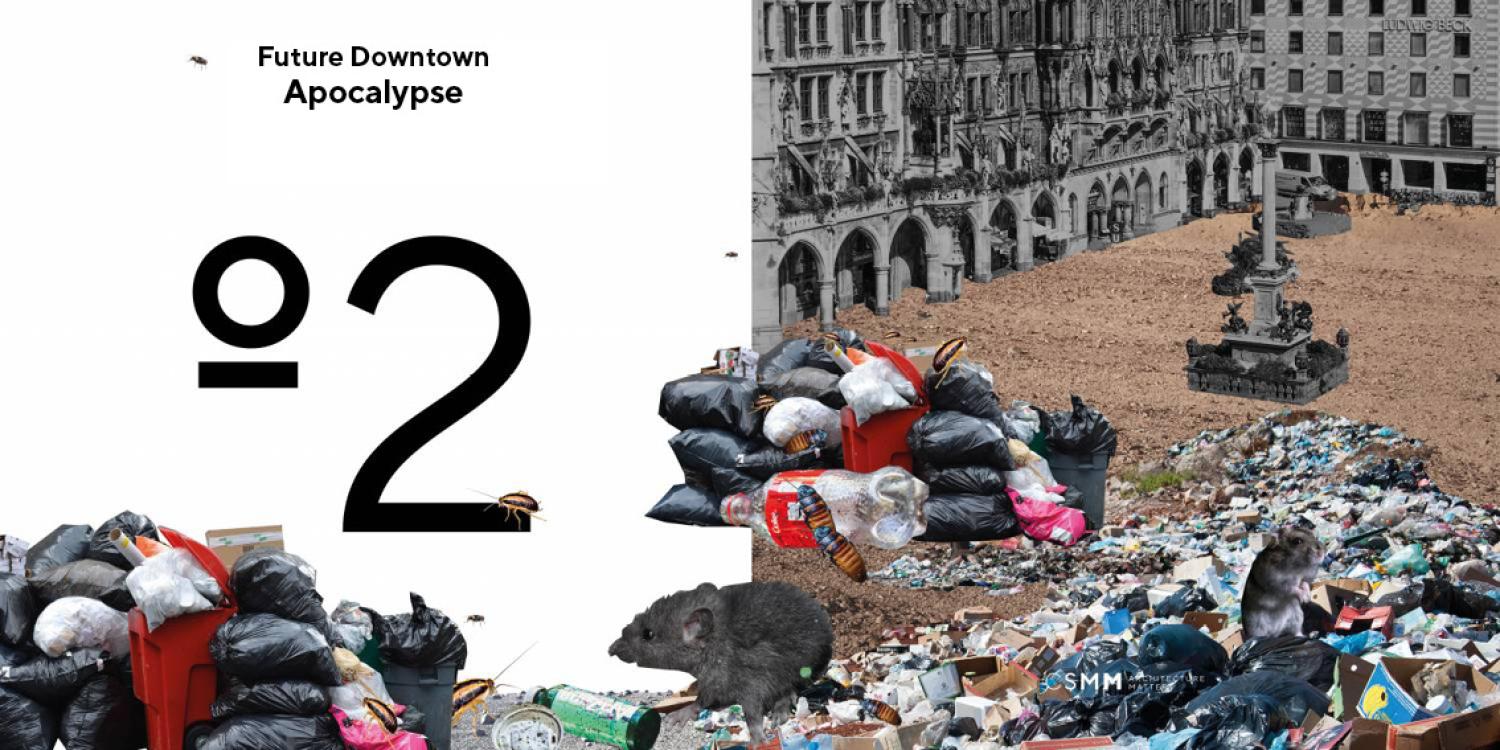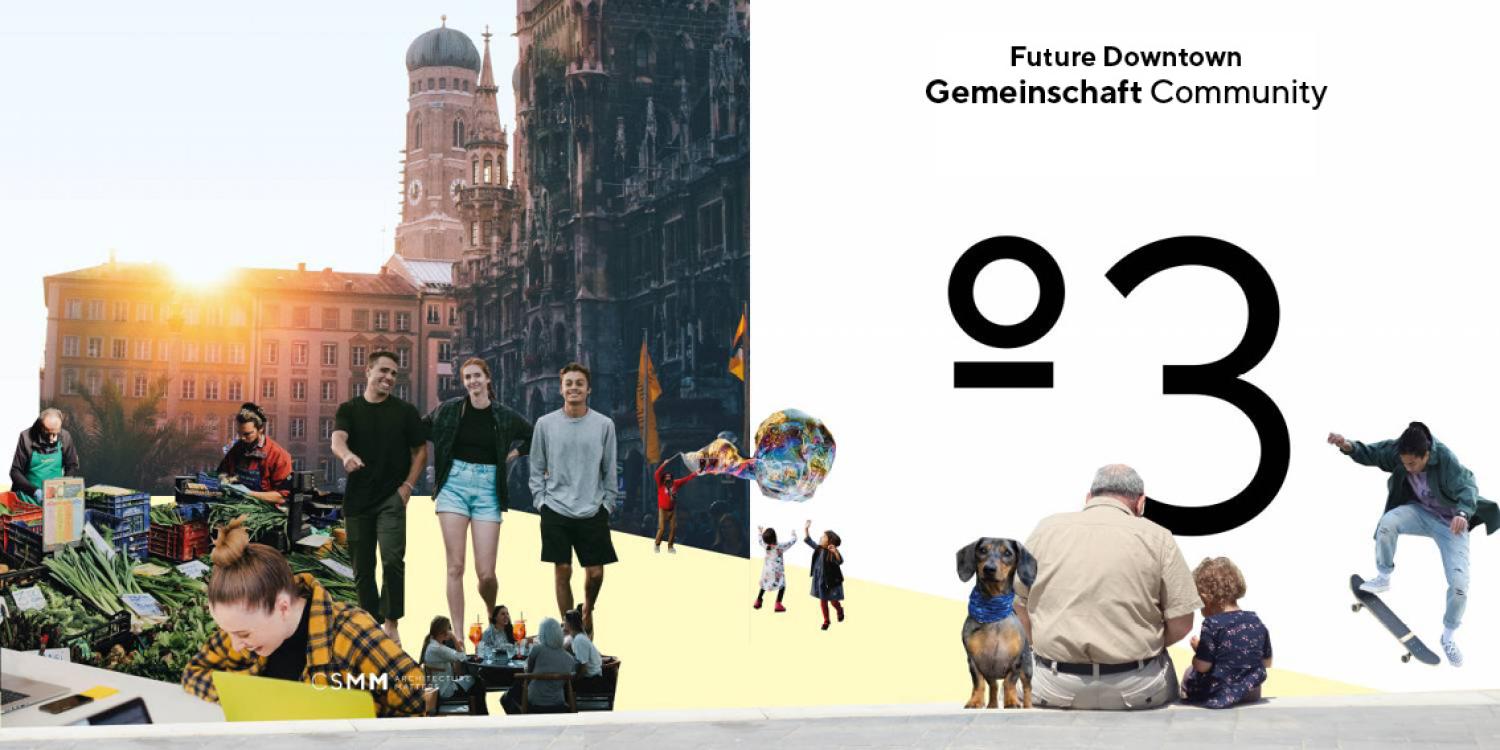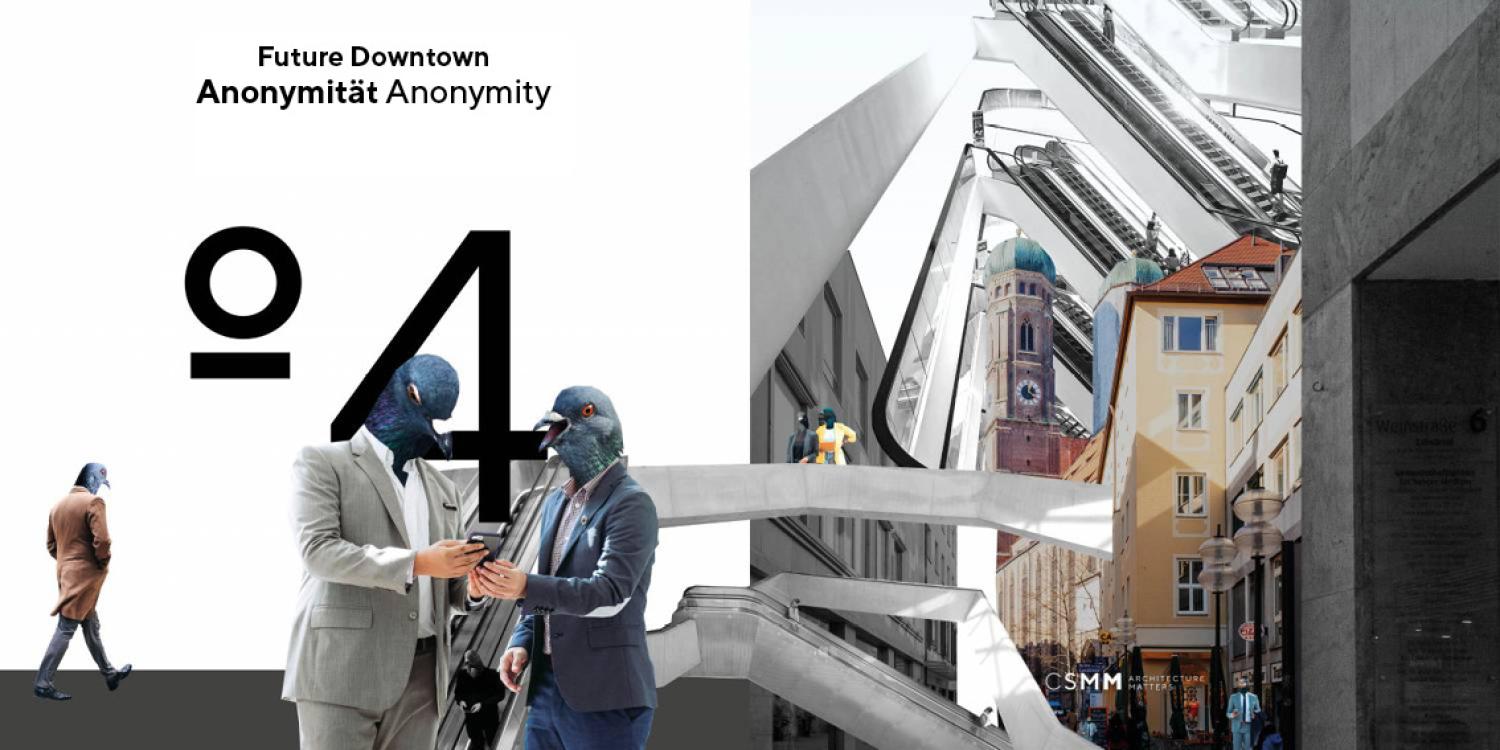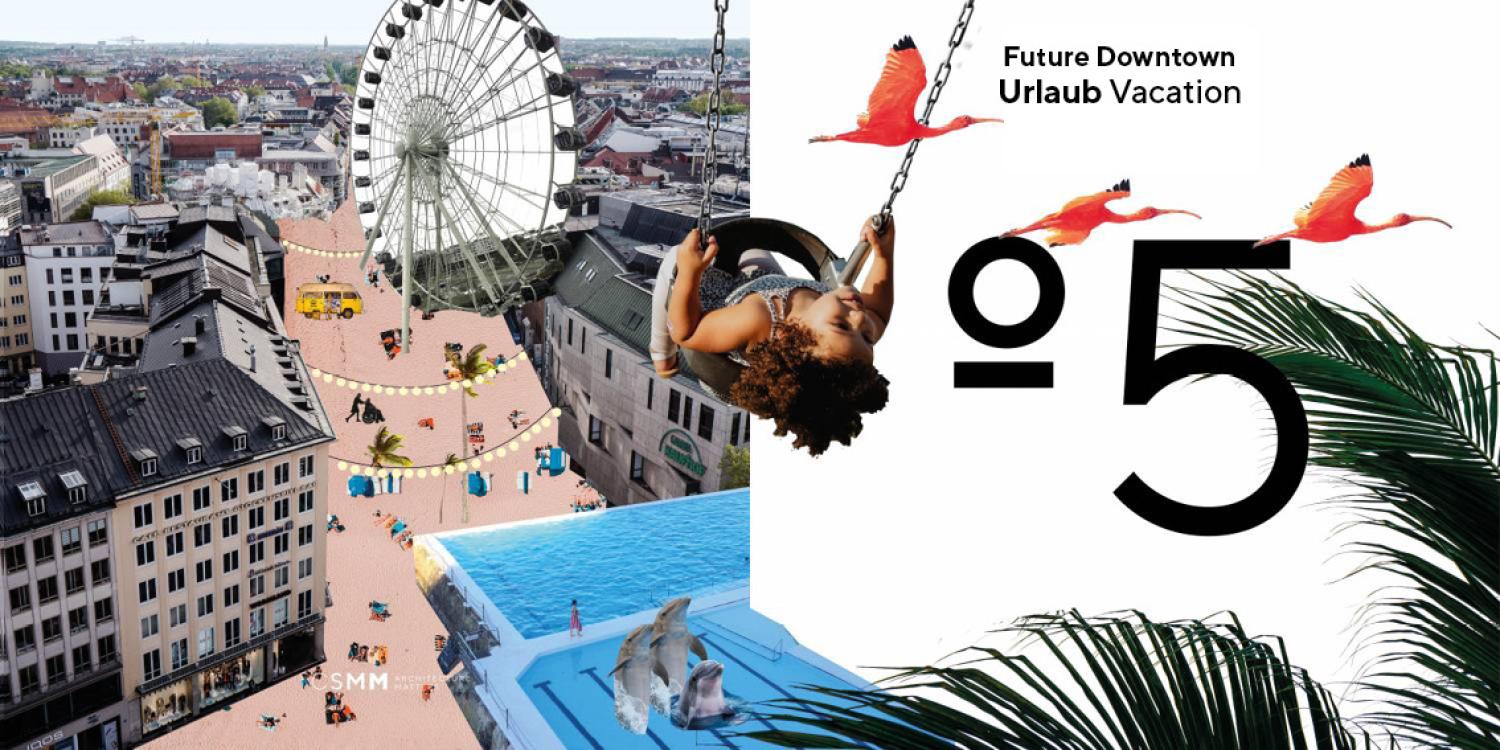News
The death of downtown: how to make urban renewal a success
What can we do to stop the decline of our city centres? According to the expert architects at CSMM, there is a massive opportunity for urban renewal if we reimagine, retrofit and repurpose derelict retail properties for multi-purpose use.
-
It will take a society-wide effort to save city centres from extinction across Europe.
-
Cities large and small must commit to reversing urban decline and revitalising the city centre: renewal initiatives from Paris to Gelsenkirchen show us the way forward.
-
Consulting and architectural firm CSMM: Urban renewal offers huge opportunities throughout Germany with revitalisation initiatives and a mixed-use approach to derelict retail properties.
Munich, 15 April 2021. Deserted high streets, empty storefronts and an idle economy: With shoppers migrating in droves to online retail during lockdown, major city centres across Europe are in danger of going under. It is more vital than ever for cities across Germany to commit to reversing urban decline. Timo Brehme, Managing Partner of the Munich-based consulting and architecture firm CSMM, is sounding the alarm about how this trend could impact society as a whole. At the same time, he sees the current existential crisis and structural upheaval as an opportunity to make a fresh start – provided, of course, that politicians, members of the community and investors join forces to affect change. Brehme: “It is impossible for individual property owners to achieve such radical change on their own. We need decision-making and urban planning concepts backed by a global strategy that involves municipal authorities as well as members of the community.” Now is the time to develop urban renewal solutions that are multifunctional and sustainable. After all, there is enough dormant energy in the existing urban infrastructure to kickstart a new, more vibrant chapter in any city’s history.
Major retailers like Galeria Kaufhof have known change is coming for some time. Once the flagship of downtown consumerism, the chain has been forced to close more than 40 stores across Germany. The closures have not only impacted iconic sites, such as the Karstadt Sporthaus in a listed building on Munich’s Neuhauser Strasse, but also the striking glass box on Stachus square that has become an iconic feature of the cityscape and was recently granted a grace period of two years. Countless other high-street clothing chains and specialty retailers have gone into receivership in recent weeks and months. Online retail has been threatening bricks-and-mortar retail for a long time, a trend only accelerated by the COVID-19 crisis. Brehme: “This is just the beginning. Here in Munich, we have held several talks with prominent asset owners over the past few months, discussing what mixed-use concepts could work with the existing building fabric – and what is theoretically possible with extensive renovations. The deck is being completely reshuffled at the moment.” And not just in Munich – the same is true for all of Germany’s major cities.
Creating the multifunctional city of the future
CSMM believes the time has come to completely rethink how we see our city centres. As an architecture and consulting firm with a long track record, CSMM sees artisanal trades, small-scale manufacturing, housing and education as essential building blocks for the multifunctional cities of tomorrow. Diversity doesn’t just make neighbourhoods more resilient, establishing institutions such as universities and hospitals as anchors can play an important role in city centre revitalisation – and keep investors interested. There is also an opportunity for large-scale event centres, the second-biggest loser of the pandemic, to find new space in cultural and educational institutions.
Revitalisation and renaturation
“To make city centres a window into the soul of a new, sustainable and above all diverse urban lifestyle, we need to give the existing building fabric a new lease of life,” Timo Brehme explains. “And we have to do so in a way that allows us to leverage the grey energy already existing in the building stock and usher in a new, more sustainable era – instead of using twice the energy in demolition and new construction.” That’s why Brehme is advocating for the complete revitalisation and repurposing of vacant property stock taking environmental rehabilitation and other key climate policy issues into account. “Retrofitting and renaturation can revive a sense of community in our city centres,” Brehme explains. “The future of downtown is driven by renewal, sustainability and diversity.” This gives investors focused on social and environmental value creation an incentive to invest in a city’s future and provide funding for its much-needed transformation.
Easing restrictions to change course
According to CSMM’s consultants, the architects, urban planners and politicians of today will be in a better position to face future challenges if they join interdisciplinary forces. It remains an open question whether traditional multi-storey department stores still make sense for Germany’s cities – not least because of issues such as fire protection, low ceilings and a lack of natural light as well as restricted access points. Municipal governments will have to consider easing building restrictions to enable their cities to change course. Another key point for Brehme: renovating and retrofitting existing buildings not only offers considerable potential to reduce the environmental footprint of the overall building stock, but also to provide for more residential and leisure space in urban centres. A variety of mixed-use concepts are possible, but one thing is certain: If change is to succeed, our politicians must have the courage to rethink existing building regulations – everything from noise violations to planning permission – and allow work, housing and recreation to coexist and thrive.
A chance for a new beginning
Online retail has made downtown window shopping virtually obsolete, begging the question whether smaller shops can survive despite plummeting sales and high rents. Is there a chance for a new beginning in this dramatic scenario? Brehme believes there is – as evidenced by those cities where landlords have both the political will and the economic foresight to pave the way for lasting change. In Paris, for example, a foundation took over bankrupt department stores and let the space to local businesses. In Gelsenkirchen, a former department store has been converted into a mixed-use property with restaurants, retailers, educational and training centres as well as flats for senior citizens. And smaller towns such as Hanau and Mühldorf am Inn have succeeded in welcoming artisanal trades and start-ups back to the city centre.
Media contact
SCRIVO Public Relations
Elvirastrasse 4, Rgb.
80636 Munich
Contact: Kai Oppel / Katja Kraus
Tel: +49 (0)89 45 23 508-13
Fax: +49 (0)89 45 23 508-20
E-Mail: katja.kraus@scrivo-pr.de
Web: www.scrivo-pr.de
CSMM contact
CSMM – architecture matters
Werk 3, Atelierstrasse 14
81671 Munich
Contact: Nina Eisenbrand
Tel.: +49 (0)89 960 15 99-45
Fax: +49 (0)89 960 15 99-99
marketing@cs-mm.com
www.cs-mm.com




